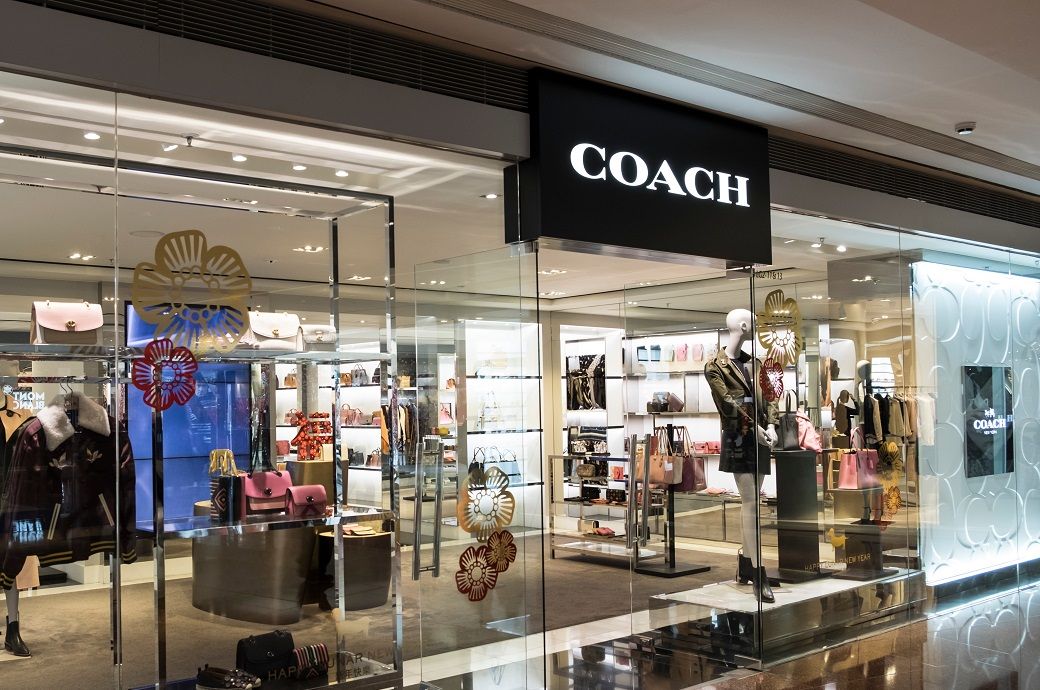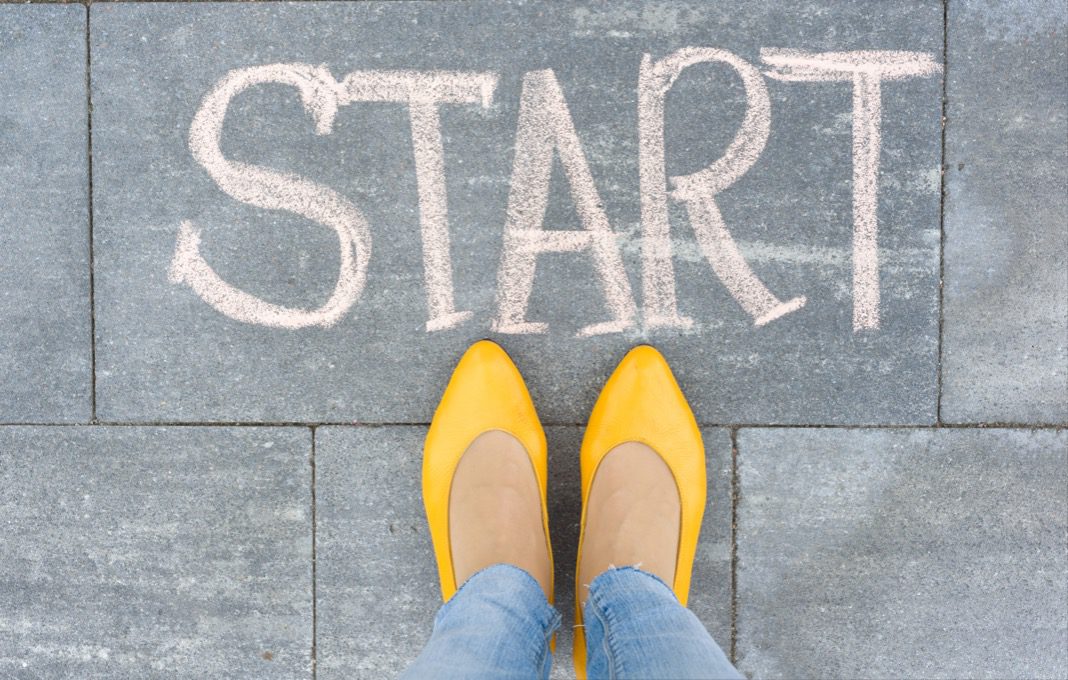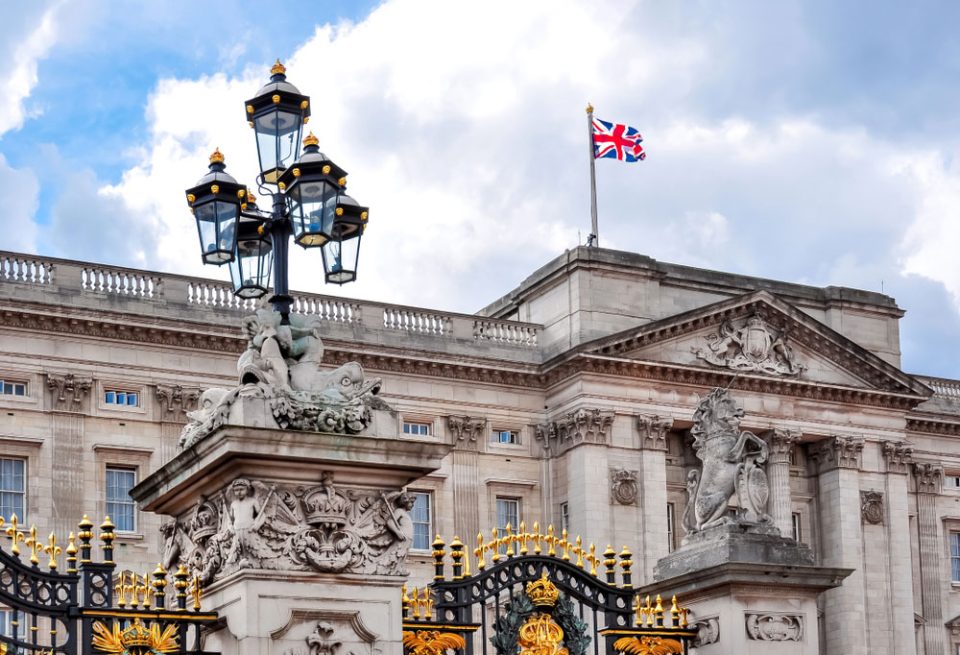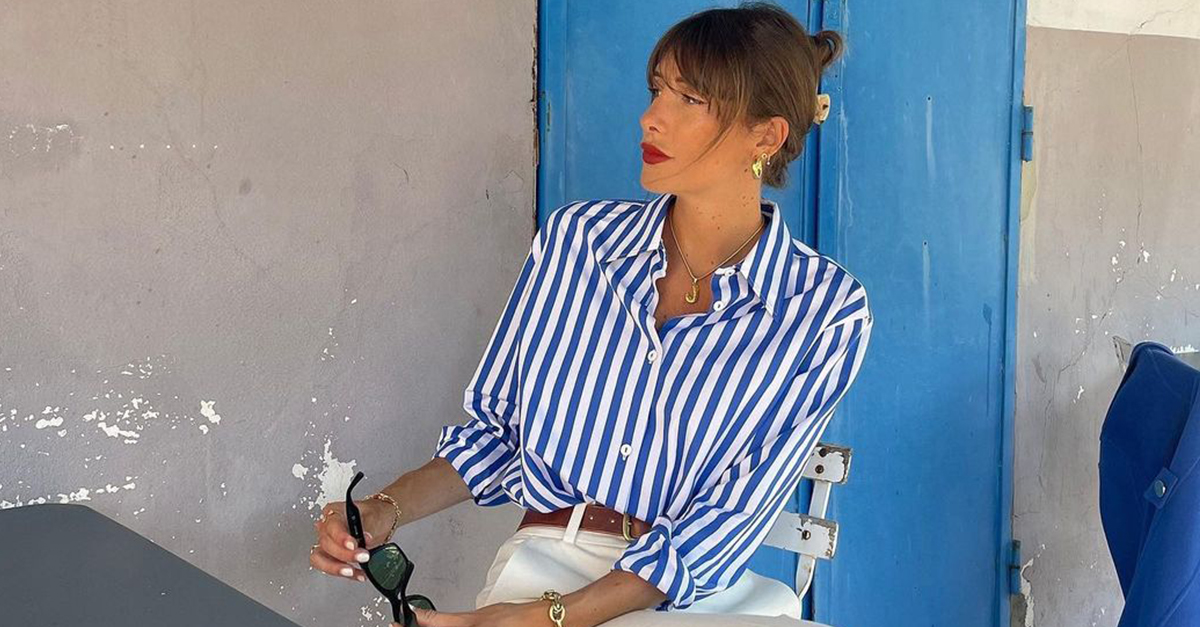Tapestry also announced that it has updated its volunteering goal of 500,000 hours by 2030 and set new environmentally preferred material targets focused on key raw materials and manufacturing processes, according to its ‘Fiscal Year (FY) 2022 Corporate Responsibility (CR)’ report.
The report also highlighted the launch of a $3 million four-year partnership between the Tapestry Foundation and World Wildlife Fund (WWF) designed to accelerate the development of an industry-wide standard to certify deforestation and conversion-free (DCF) leather originating from Brazil as part of Tapestry’s commitment to transparency and supply chain traceability. Renewable energy use was increased to 67 per cent across Tapestry’s own stores, offices, and fulfilment centres.
American luxury fashion company Tapestry plans to reduce absolute Scope 1, 2, and 3 greenhouse gas (GHG) emissions by 42.5 per cent below fiscal 2021 (FY2021) levels by FY2030 and achieve net-zero by 2050 as part of its updated environmental, social, and governance goals. The firm is the parent company of brands Coach, Kate Spade, and Stuart Weitzman.
“Tapestry is on a journey to create a better-made future that is both beautiful and responsible,” said Joanne Crevoiserat, chief executive officer of tapestry, Inc. “Every day, our brands—Coach, Kate Spade, and Stuart Weitzman—create extraordinary products for modern lives. This same approach is reflected in our work to weave together our ambitions as a business while working to protect the wellbeing of our planet, our people, and our communities.”
Fibre2Fashion News Desk (NB)
























































![Social Media Spring Cleaning [Infographic] Social Media Spring Cleaning [Infographic]](https://imgproxy.divecdn.com/9e7sW3TubFHM00yvXe5zvvbhAVriJiGqS8xmVFLPC6s/g:ce/rs:fit:770:435/Z3M6Ly9kaXZlc2l0ZS1zdG9yYWdlL2RpdmVpbWFnZS9zb2NpYWxfc3ByaW5nX2NsZWFuaW5nMi5wbmc=.webp)
![5 Ways to Improve Your LinkedIn Marketing Efforts in 2025 [Infographic] 5 Ways to Improve Your LinkedIn Marketing Efforts in 2025 [Infographic]](https://imgproxy.divecdn.com/Hv-m77iIkXSAtB3IEwA3XAuouMwkZApIeDGDnLy5Yhs/g:ce/rs:fit:770:435/Z3M6Ly9kaXZlc2l0ZS1zdG9yYWdlL2RpdmVpbWFnZS9saW5rZWRpbl9zdHJhdGVneV9pbmZvMi5wbmc=.webp)














